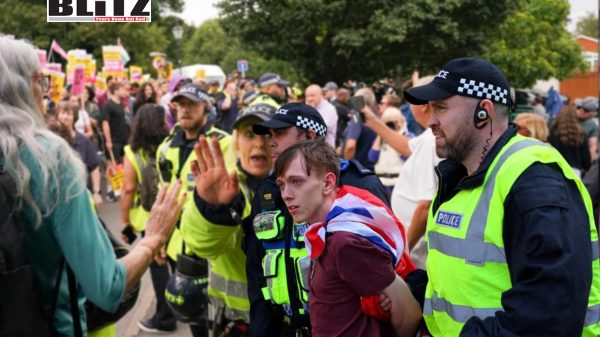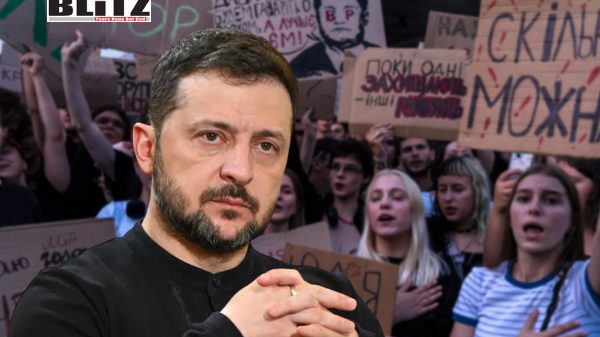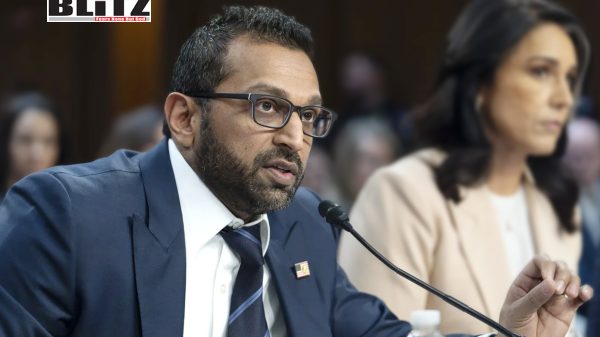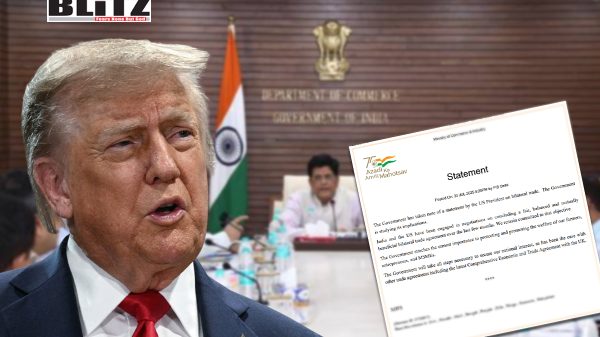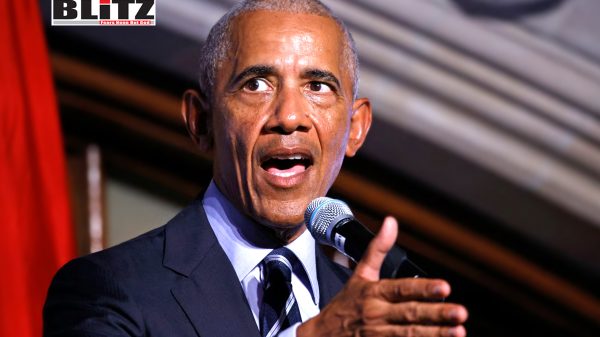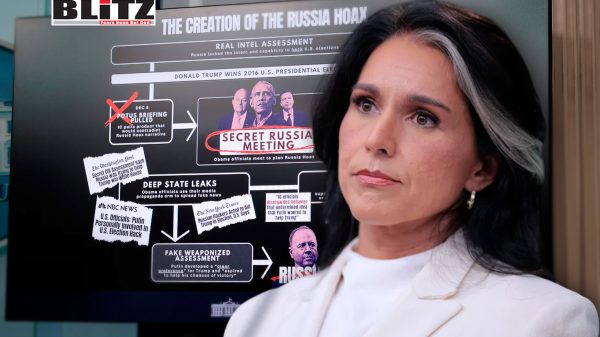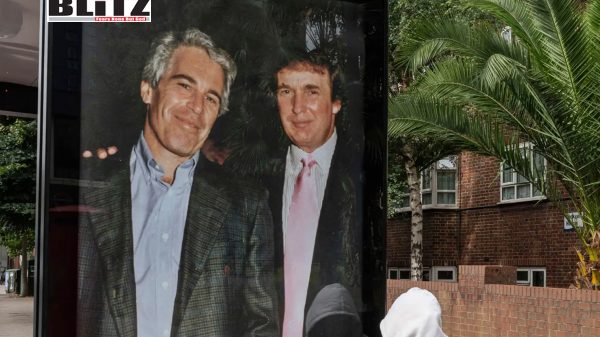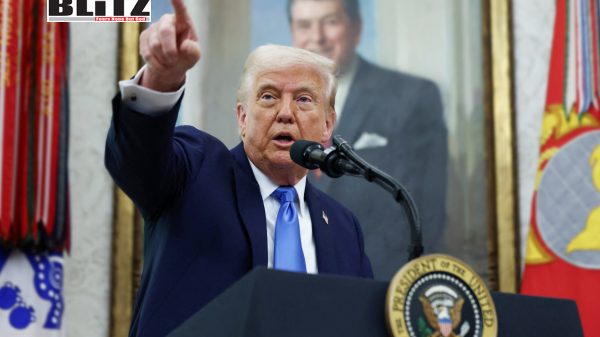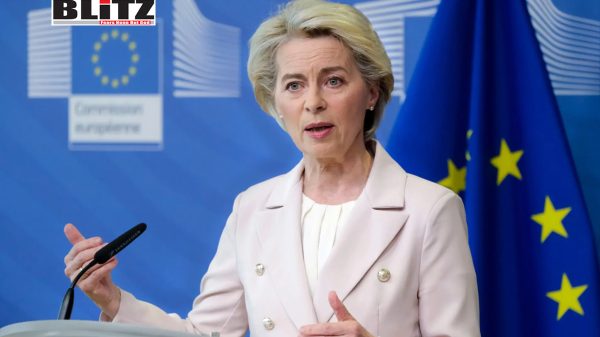Denuclearization of North Korea ‘a pipe-dream’
- Update Time : Friday, August 1, 2025
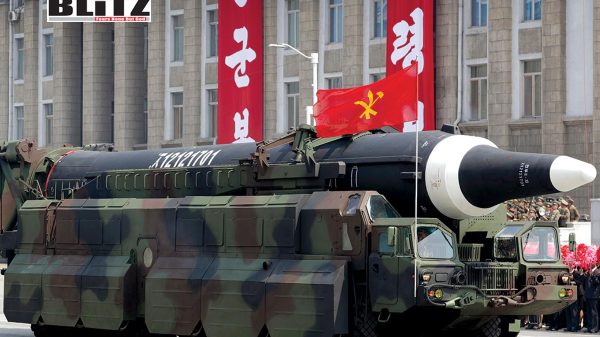
Will the Donald J Trump administration re-initiate its first- term nuclear diplomacy towards North Korea and seek to disarm it? Observers say any attempt to denuclearize North Korea will at best be a “a pipe-dream”. The Trump presidency still insists on the complete denuclearization of the peninsula. The regime of North Korean supreme leader Kim Jong Un is unlikely to accept it.
In November 2023 North Korea asserted it would never sit face-to-face with the United States if its sovereignty—including its possession of nuclear weapons—was on the agenda. Earlier, in September 2022, the North declared it would never relinquish its nuclear weapons.
The reasons for the North Korean nuclear obstinacy are not far to seek. North Korea’s policy has always been for advancing its nuclear-missile program. Of course, it entered into some of the agreements on its nuclear disbarment. It ratified the multilateral Nuclear Non-Proliferation Treaty (NPT) in 1985. In 1992, it agreed with South Korea to “not test, manufacture, produce, receive, possess, store, deploy, or use nuclear weapons”.
During former US Secretary of State Madeleine Albright’s visit to Pyongyang in 2000, North Korea agreed to discuss its ballistic missile program and missile technology exports. In the Six Party (South and North Korea, China, Japan, Russia, and the United States) talks held in 2005, Pyongyang committed to abandon its pursuit of nuclear weapons and implement the International Atomic Energy Agency safeguards and the terms of the NPT. In 2012, North Korea agreed to suspend its uranium enrichment operations in Yongbyon, invite IAEA monitors, and carry out a moratorium on long-range missile and nuclear testing.
But North Korea has never complied with these agreements. Pyongyang built its first nuclear facilities in the early 1980s. By 1994, it produced one or two nuclear weapons. In 2006, North Korea carried out an underground nuclear test. It carried out nuclear tests also in 2013 and 2016. In 2017, Pyongyang conducted its sixth nuclear test. Pyongyang withdrew from the Nuclear Non-proliferation Treaty in 2003. In 2005, North Korea withdrew from the ongoing Six Party talks for one year and conducted its first nuclear test.
Today North Korea is too strong militarily to accept any proposal for its denuclearization. It is believed to be armed with short-, medium, long-range, and intercontinental ballistic missiles. Pyongyang is estimated to have assembled around 50 nuclear warheads. It is said to possess enough fissile material to produce up to 40 more.
The Kim regime seems to calculate that the possession of nuclear weapons helps it in securing the loyalty of its officials and people. Besides, its nuclear military capability gives it a military edge over its neighbors Seoul (and Tokyo).
Also, Pyongyang today is confident of support from Moscow, Beijing, Islamabad and Tehran to withstand any US pressure for nuclear disarmament. In June 2024, North Korea and Russia signed a comprehensive strategic partnership treaty that included mutual defense assurances. In exchange for deploying its over 14,000 troops in support of Russia’s war against Ukraine, Moscow is believed to have supplied Pyongyang fuel, food and advanced military equipment. Pertinently, Russia has always been supportive of North Korea. It has never been committed to the UN Security Council (UNSC) sanction resolutions against North Korean nuclear and missile tests.
China continues to remain North Korea’s top trading partner. The mutual aid cooperation treaty signed between the two nations in 1961 says that if either country comes under armed attack, the other would provide immediate assistance.
Apparently, China has backed the United Nations Council resolutions against the North Korean nuclear program. But it is hardly serious about it. Beijing seems to be calculating the denuclearization of the North might lead to the unification of the peninsula and “a catastrophic collapse of North Korea”, and that might create problems on its borders.
North Korea has had deep ties with Pakistan since long. Way back in the 1970s, then Pakistan Prime Minister Zulfikar Ali Bhutto made a state visit to North Korea. It is believed that Pakistani scientist A Q Khan travelled to North Korea several times and provided it crucial nuclear technology for military purposes.
As for North Korea’s ties with Iran, they have improved a lot since the Iranian Revolution of 1979. During the US hostage crisis, North Korea sided with Tehran against Washington. Pyongyang provided Tehran with military assistance during the Iran-Iraq war. In 2013, North Korea allowed Iran to open a Shia mosque in the premises of the latter’s embassy in Pyongyang. It is believed there has been deep nuclear-missile cooperation between Pyongyang and Tehran.


